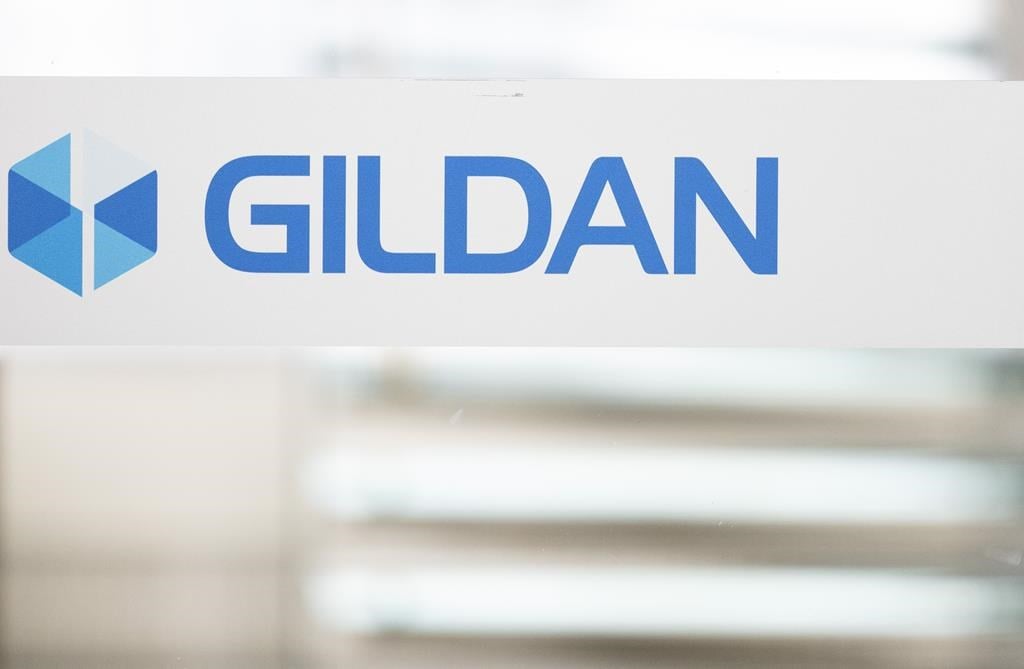
How to switch banks in Canada: A step-by-step guide
Gannvector / Shutterstock
Fact Checked: Scott Birke
Updated: December 11, 2023
Loyalty means a lot. But when it comes to money, loyalty can also cost a lot.
When you consider how banks are raising their savings rates and making other moves to lure new customers, Canadians are surprisingly stubborn when it comes to parking their cash. How much money are those loyalists leaving on the table? If you’re open to change, you can find some great benefits by switching banks for better customer service, lower fees, higher interest rates on savings accounts, or more suitable financial products.
If you’ve recently thought about moving your money, it’s time to walk through each step, from evaluating your banking needs to successfully transferring your financial activities – ensuring a seamless transition to a bank that better suits your financial goals.
What to consider before switching banks
The search for a new bank makes it important to assess your financial needs, such as savings accounts with higher interest rates, lower fee structures, better loan rates, or more rewarding credit card options. Also, customers should rank the availability of specialized services like investment advice, foreign currency accounts, or business banking services if these matter to you.
Convenience and accessibility: If you frequently visit a branch, proximity and the in-person experience are important. For digital banking, look for user-friendly interfaces, robust security features, and the availability of key online services like fund transfers, bill payments, and customer support.
Fees: Carefully review monthly account fees, transaction fees, ATM fees, and any costs associated with transferring your accounts. Some banks offer fee waivers or reduced fees based on maintaining a minimum balance or having multiple products with them. It's also important to understand any fees for closing out your current bank, especially if there are any long-term commitments or products like mortgages or loans involved.
Why people switch banks
People often switch for better financial benefits and improved customer service. Lower fees and higher interest rates are also huge because they impact your bottom line.
Most larger banks now offer enhanced digital banking experiences, offering user-friendly online and mobile platforms to consumers who prefer the convenience of managing their finances virtually.
Customers also switch because their current banker lacks personalized financial advice, attention and tailored support. For others, attractive rewards and credit card offers – along with comprehensive financial products – are difference-makers.
How to switch banks in Canada
When scouting a new bank, prioritize your financial lifestyle. Do low fees, high-interest savings, or robust digital services top your list? Compare offerings from both major and local banks, not overlooking online banks for potentially better rates and lower fees.
Don't undervalue customer service; read reviews and consider banks that are known for their customer support. Lastly, explore bonuses or incentives for new customers, which can add value to your switch. Remember, the right bank should not only meet your current needs but also support your long-term financial goals.
And if daily chequing is important, look for banks that make it easy for your money to come and go for routine transactions with as little fees as possible.
Step 1: Identify the primary reason for switching banks
Before moving your hard-earned money, clearly define your reason for the change. Are you seeking lower fees, better customer service, higher interest rates, or more convenient branch locations? Understanding your primary motivation will guide your decision-making process and ensure that your new bank aligns with your financial needs and goals.
Step 2: Choose your new bank
Research and compare different banks in Canada. Consider factors like account types, fee structures, interest rates, digital banking features, and branch accessibility. Don't forget to look into credit unions and online banks, as they often offer competitive advantages. Choose a bank that best meets your identified needs from Step 1.
Step 3: Open an account
Once you've chosen a new bank, the next step is to open an account. This can typically be done online, in-person at a branch, or over the phone. You'll need to provide personal identification and possibly some financial information. Ensure you understand the terms and conditions of the account, including any fees or minimum balance requirements.
Step 4: Transfer your direct deposits and debits to your new account
Transition all your direct deposits (like your work salary) and automatic bill payments to your new account. This involves informing your employer and service providers of your new banking details. It's crucial to ensure all recurring payments are updated to avoid missed bills or service interruptions.
Step 5: Start using your new bank account
Begin actively using your new bank account. Familiarize yourself with the online banking system, mobile apps, and any other services your bank offers. It’s a good time to set up any new automatic savings plans or budgeting tools available through your new bank.
Step 6: Withdraw money and officially close your old account
Finally, transfer any remaining funds from your old account to your new one. Once all direct deposits and automatic payments are successfully rerouted and the balance is zero, contact your old bank to close the account. Ensure you receive a confirmation of the account closure to avoid any future issues.
What documents do I need to switch banks?
To open a bank account, you will be asked for your personal details, including your full name, address, and contact information. Additionally, you are required to present valid proof of identification. For opening a savings account, your Social Insurance Number (SIN) is also necessary.
Enroll in online and mobile banking
Online and mobile banking when switching banks is essential for modern financial management. You can monitor accounts, transfer funds, and pay bills anytime, anywhere. This digital access is crucial for keeping track of your finances, especially during the transition period.
Find the best online banks of 2024
The Canadian Bankers Association reveals a significant shift dowards digital banking, with 78% of Canadians opting for online and mobile app-based banking solutions. In 2021, mobile app usage for banking activities increased to 65% from 56% in the previous year, highlighting a growing preference for online banking services.
Fortunately, Canada's leading online banks are actively vying for customers by enhancing their offerings in terms of features, pricing, and convenience. In our comprehensive guide to the best digital banking, we've evaluated the top online banks in Canada.
Our guide is designed to help you find a banking account that seamlessly aligns with your lifestyle and financial needs.
Switching banks FAQs

Chris Clark is freelance contributor with Money.ca, based in Kansas City, Mo. He has written for numerous publications and spent 18 years as a reporter and editor with The Associated Press.
Disclaimer
The content provided on Money.ca is information to help users become financially literate. It is neither tax nor legal advice, is not intended to be relied upon as a forecast, research or investment advice, and is not a recommendation, offer or solicitation to buy or sell any securities or to adopt any investment strategy. Tax, investment and all other decisions should be made, as appropriate, only with guidance from a qualified professional. We make no representation or warranty of any kind, either express or implied, with respect to the data provided, the timeliness thereof, the results to be obtained by the use thereof or any other matter.





